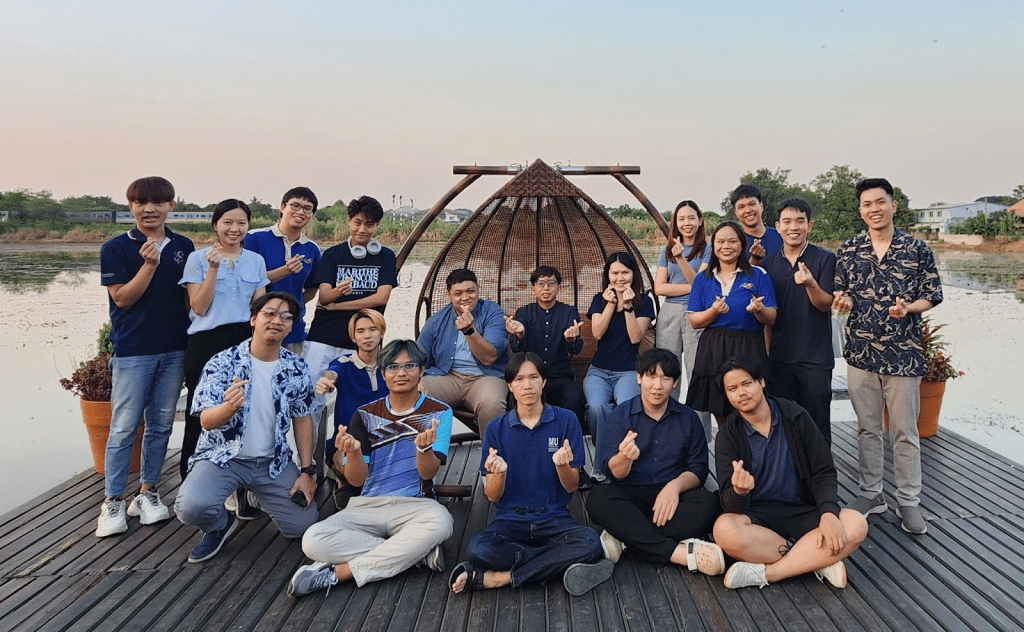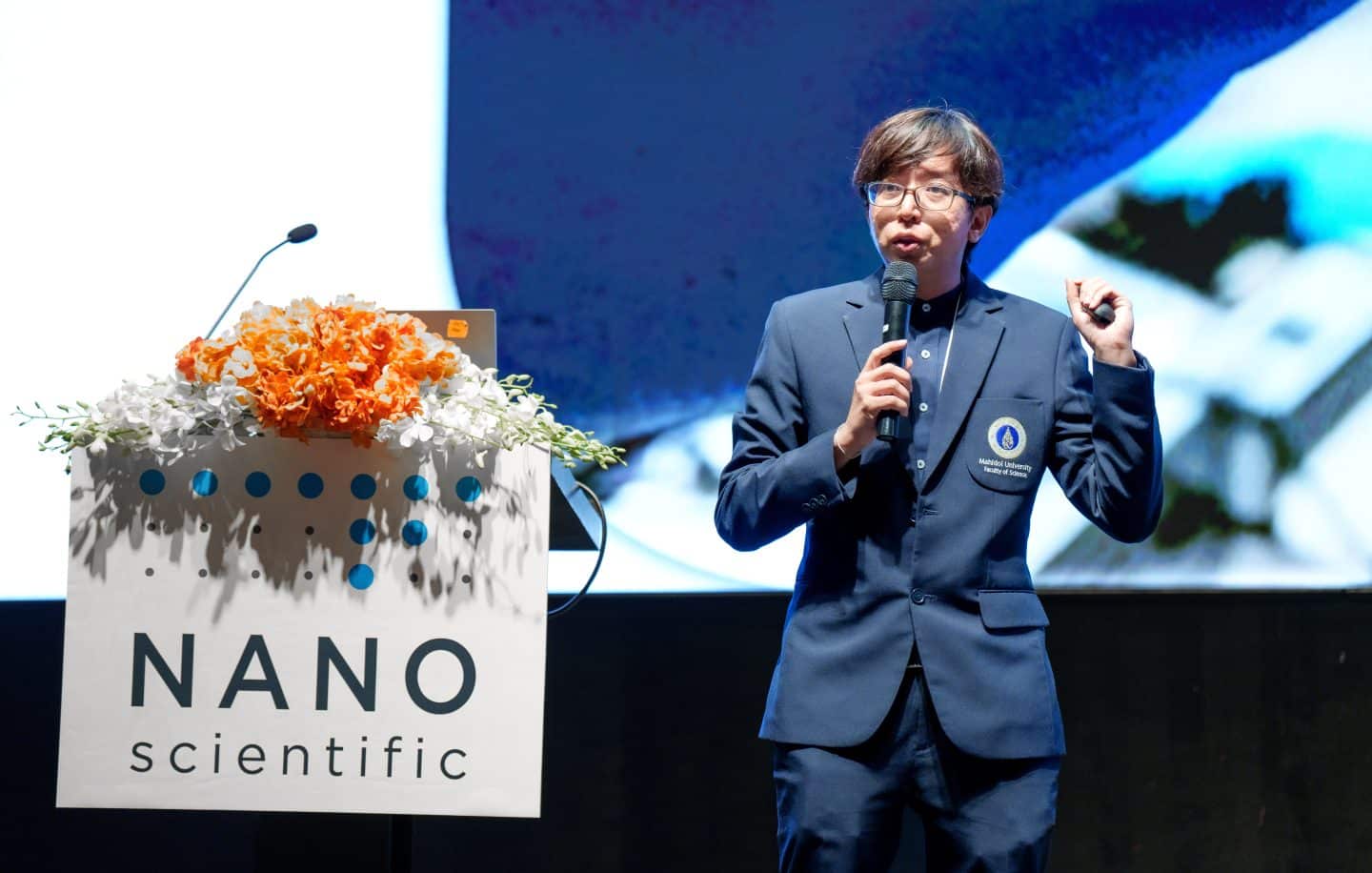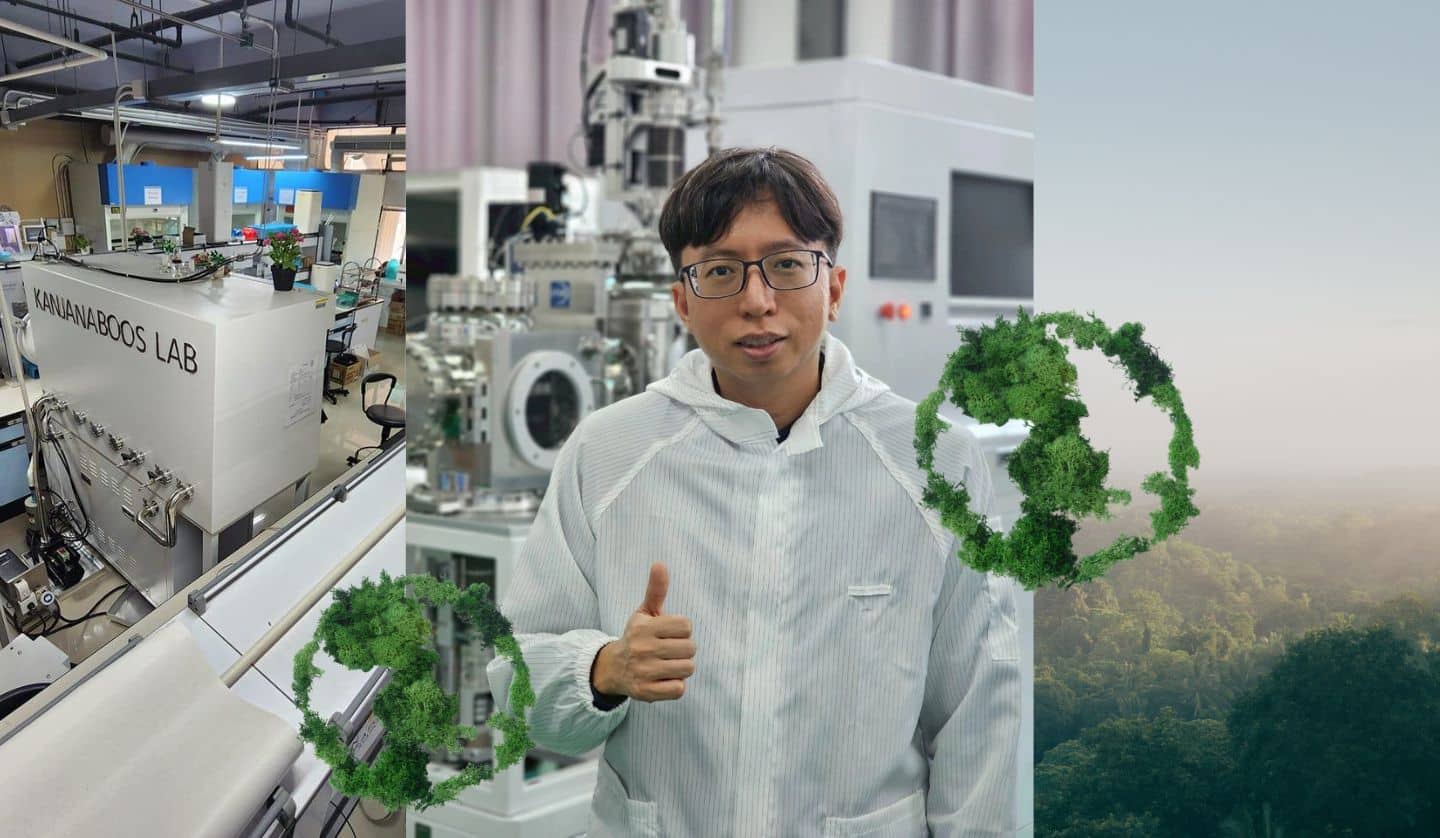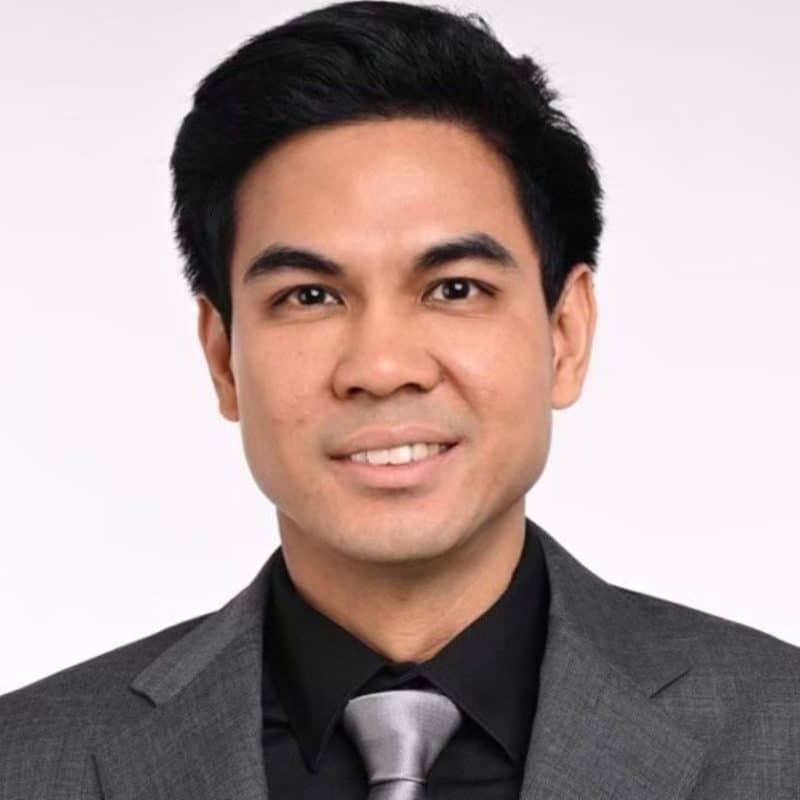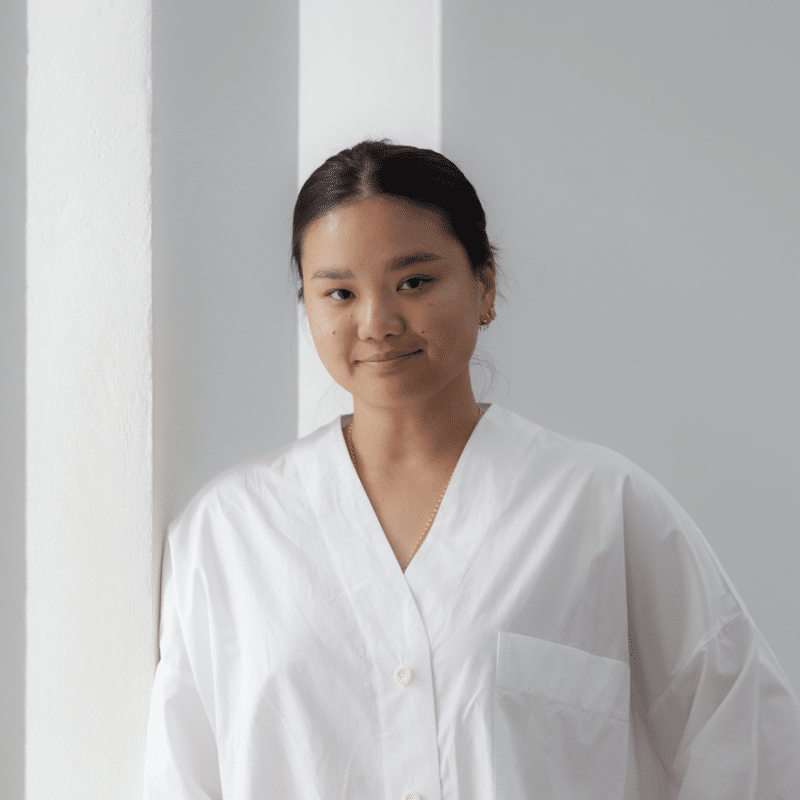What happens when the future of energy isn’t what you expect? Many assume it’s a complex system, hard to grasp, but in reality, it’s flexible, cool, and cost-effective. We explore how one scientist is making sustainable energy accessible for everyone.
“Sustainable energy is not a luxury; it’s a necessity. Everyone has a role, whether as researchers, policymakers, or citizens making daily choices. The future of energy is something we build together.”
For The Friday Future List this week, Koktail explores the science projects that help rewrite our sustainable future. We sat down with Assoc. Prof. Dr. Pongsakorn “Tum” Kanjanaboos to dive deeper into his mission. The climate crisis is no longer a distant warning. It’s the reality we live in today. Rising global temperatures, extreme weather events, and shifting ecosystems remind us daily that the way we power our world directly shapes our future.
For Dr Pongsakorn, Head of the Advanced Technologies for Energy and Sustainability Lab at Mahidol University, these words are more than a statement–they are the foundation of his work.
Driving Sustainable Solutions Through Materials Science
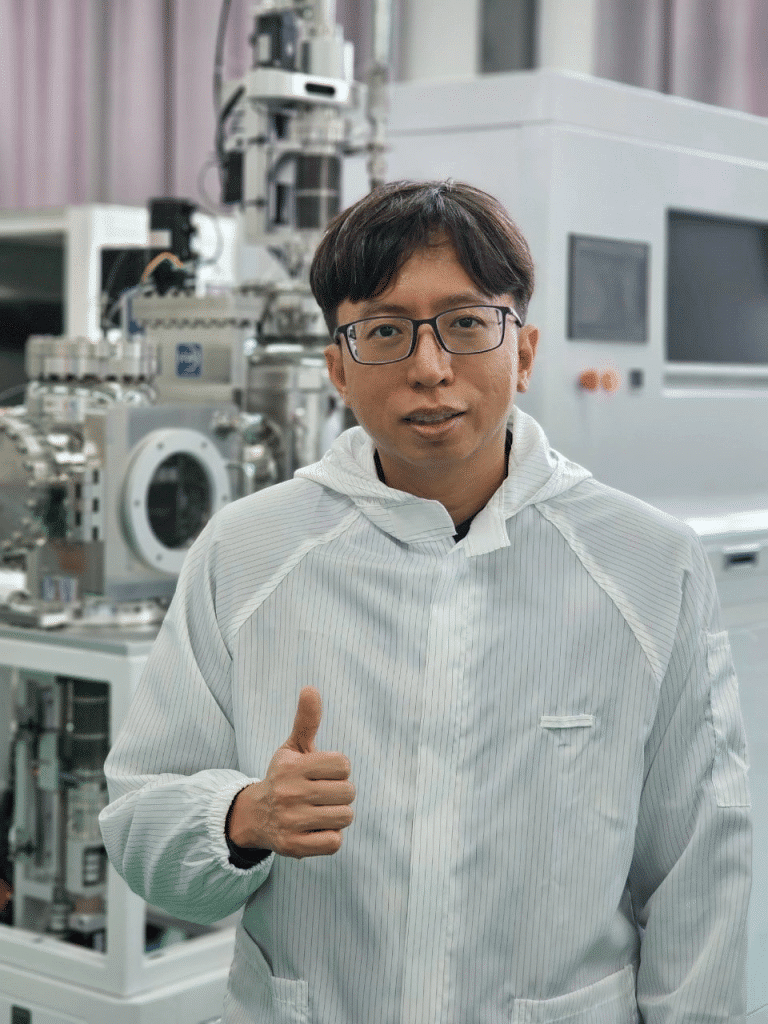
Dr. Pongsakorn stands at the front of materials science, combining world-class research with a mission rooted in sustainability. With a Ph.D. from the University of Chicago, he now leads the Advanced Technologies for Energy and Sustainability Lab at Mahidol University, where innovation is his daily pursuit.
“Materials science is the study of what things are made of and how we can design them to perform better under specific requirements.”
The phones in our hands and the batteries to solar panels and life-saving medical tech are made possible because of functional materials. These are specially designed or engineered materials that serve a specific role: conducting electricity, storing energy, converting sunlight into power, or interacting with the human body safely. Functional materials are the invisible backbone of modern life. And in an era defined by climate change and shrinking resources, they’re more critical than ever. The right breakthrough can power cleaner energy, cut waste, and unlock technologies once thought impossible.

His focus is on the future of energy, developing next-generation solutions that power cities while lightening their environmental footprint.
Get to Know His Projects
“Because they are not just incremental improvements, they open new possibilities,” Dr. Pongsakorn explained, speaking about his projects shaping the future of energy.
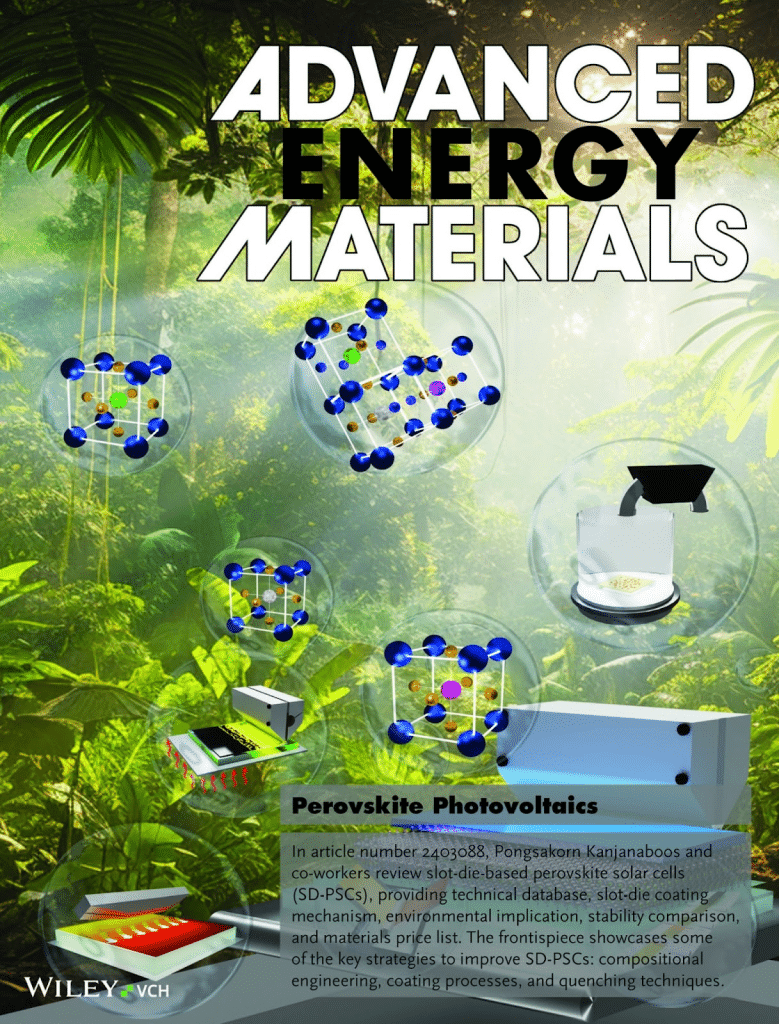
Courtesy of Assoc. Prof. Dr. Pongsakorn “Tum” Kanjanaboos
The first: perovskite solar cells. Built from a new class of crystalline materials, they absorb sunlight with remarkable efficiency and can be manufactured at a fraction of the cost. Unlike traditional silicon panels–reliable yet heavy, expensive, and energy-intensive, perovskites are flexible, lightweight, and adaptable.They can be tuned for indoor use to power IoT devices, while still harvesting energy outdoors, enough to replace batteries.
“They’re not just the next step in solar,” he said. “They’re a new generation with endless potential.”

Courtesy of Assoc. Prof. Dr. Pongsakorn “Tum” Kanjanaboos
The second: radiative cooling that allows heat to escape naturally into the sky, even under direct sunlight, without using electricity. Specially designed coatings and films can passively cool buildings, greenhouses, and even fresh produce. This approach can reduce air-conditioning demand in cities and lower water usage in agriculture, all by reflecting and emitting heat away. Radiative cooling offers a smart, energy-efficient way to manage temperature.
“Both go beyond the limits of current technologies and address the urgency of sustainability in fresh ways.”
Driving Real-World Solutions for Climate and Community
“I’ve been inspired by countless mentors and challenges. My professors and colleagues abroad taught me the value of curiosity and persistence, while working in Thailand has shaped how I approach practical, real-world solutions.”
For Dr. Pongsakorn, the pursuit goes beyond lab performance, focusing on scaling innovations, cutting costs, and bringing breakthrough technologies to society. In Thailand, he envisions driving local production of radiative cooling and solar solutions, creating green jobs while helping communities adapt to a warming climate. His work demonstrates how science can reduce energy use, cool urban spaces, and pave the way toward a more sustainable future.
He urges young innovators eager to make a real impact in sustainable energy: “Stay curious, but also stay practical. It’s easy to get excited by high numbers in the lab, but true impact comes from scalability, and accessibility. Focus on problems that matter to people, collaborate across disciplines, and don’t be afraid to consider policy, business, and society, not just science.”
